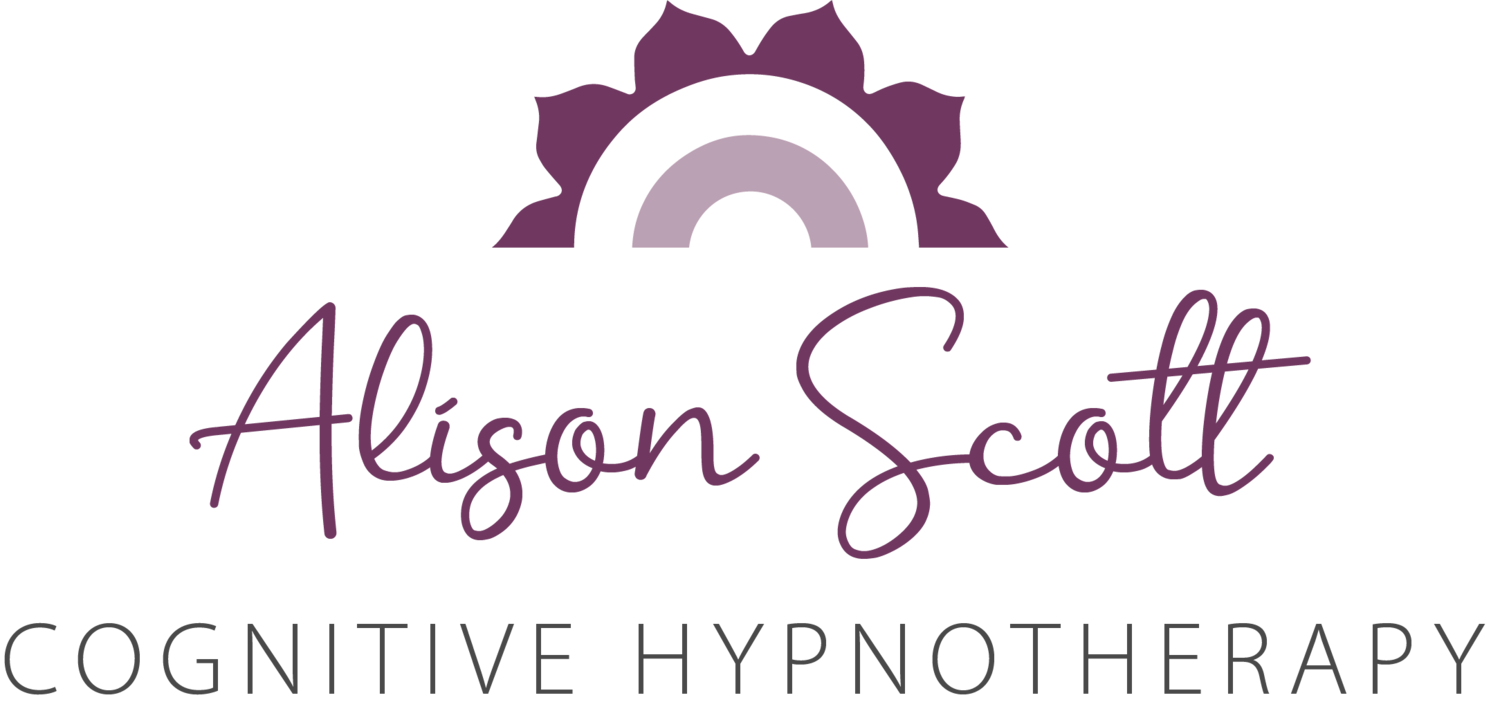Blue Monday and the Wonder Vitamin
Blue Monday and the Wonder Vitamin
Photo Credit: Gadiel Lazcano
We all know that January can feel really brutal. This year, so-called ‘Blue Monday’ falls on 17th January – apparently the lowest mood day of the year.
There may not be much science behind ‘Blue Monday’ and researchers have brushed off the theory that there can be one singular, most depressing day for us all. However, obvious factors as to why it may hold true for many people include the time lapse since Christmas, increased debt and the protracted time until ‘payday’, and the disappointment of already failed New Year’s resolutions. Plus, for us poor folk in the Northern Hemisphere, we are right in the midst of bleak weather and darkness. For those already struggling with depression, this time of year often makes things seem so much worse.
With Spring a way off yet, we can struggle to find much to look forward to right now, and looking forward with hope is the master ingredient for raising happiness levels.
Seasonal Affective Disorder, a very real cause of depression linked to lack of sunlight, IS a scientific fact and, by January, most of us are in hibernation mode and seriously lacking in vitamin D - the ‘sunshiney’ vitamin which stimulates our happy hormones.
Research has found that Vitamin D helps regulate adrenaline and dopamine production in the brain, as well as helping to protect from serotonin depletion, so low levels can significantly increase our risk of depression.
Although we can be deficient in Vitamin D at any age, our risk increases as we get older and the body becomes less efficient at both making it and using it. Food alone won’t cut it: milk, oily fish and eggs all contain Vitamin D, but not nearly enough. It would take dozens of glasses of milk to match the Vitamin D generated by just ten minutes of summer sun on your bare skin.
So, hunker down under that duvet if you must. Get to bed early and let yourself off the guilt for tasks not done or New Year promises broken. But seriously consider increasing your Vitamin D intake and make a resolution to at least go outside when the winter sun does shine - and remember to expose some skin. It doesn’t work under a hat and scarf!
——————————
If you feel your low mood is persistent or unmanageable, consider seeking some expert help. The techniques used in Cognitive Hypnotherapy have been found to significantly help with depression and can encourage people to get to the bottom of those limiting beliefs or lack of motivation that may be keeping them feeling depressed or low.
Check out my website to find out more about how Cognitive Hypnotherapy might help – www.alisonscottcognitivehypnotherapy.co.uk -
….or give me a call on 07989 535527.


